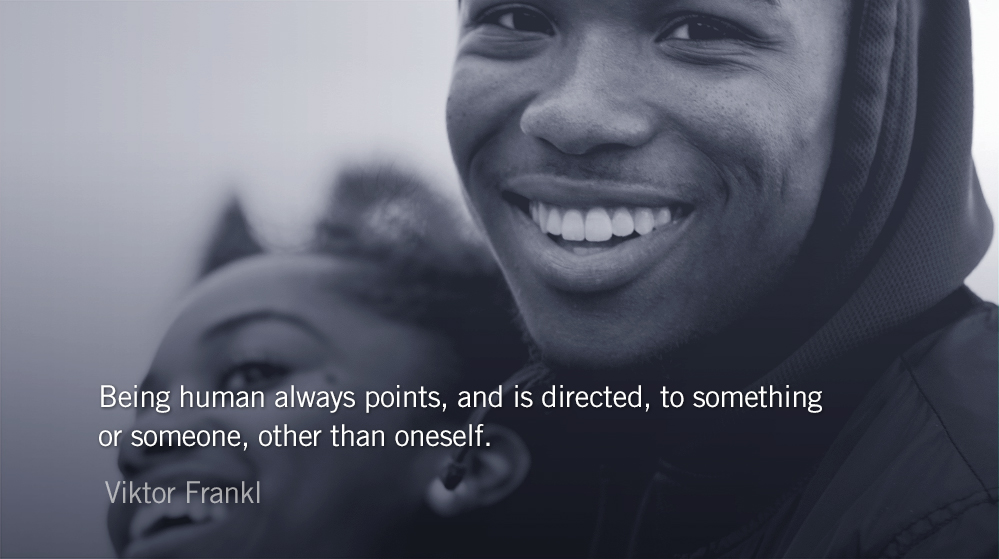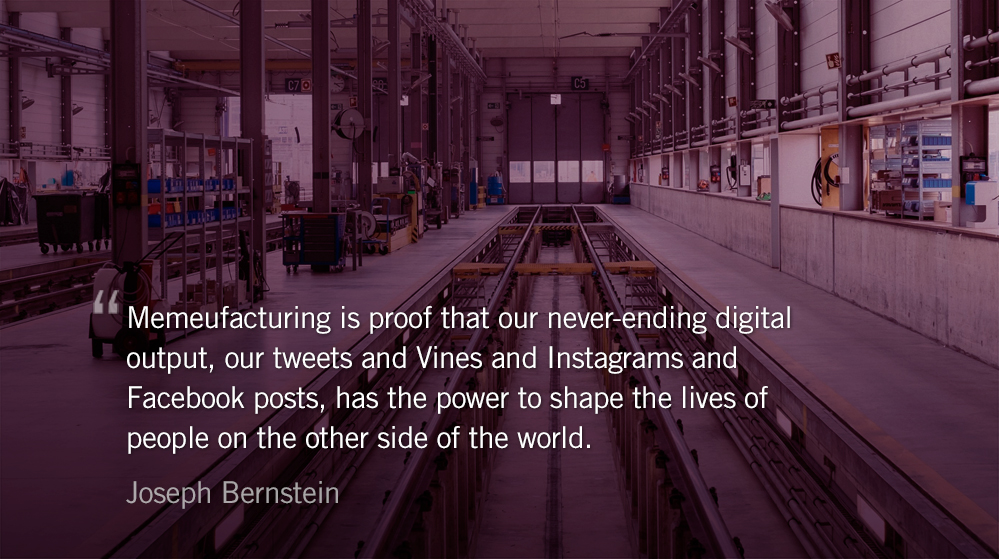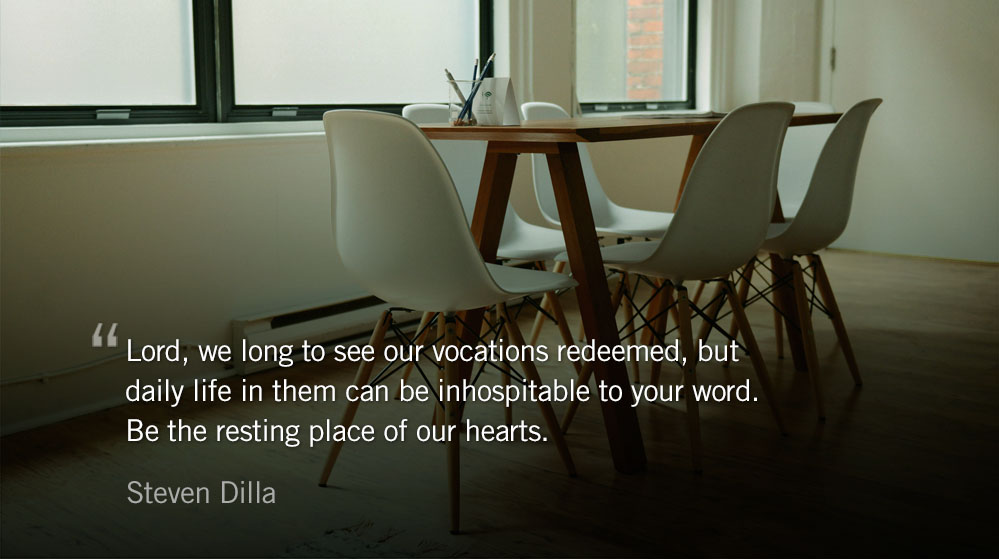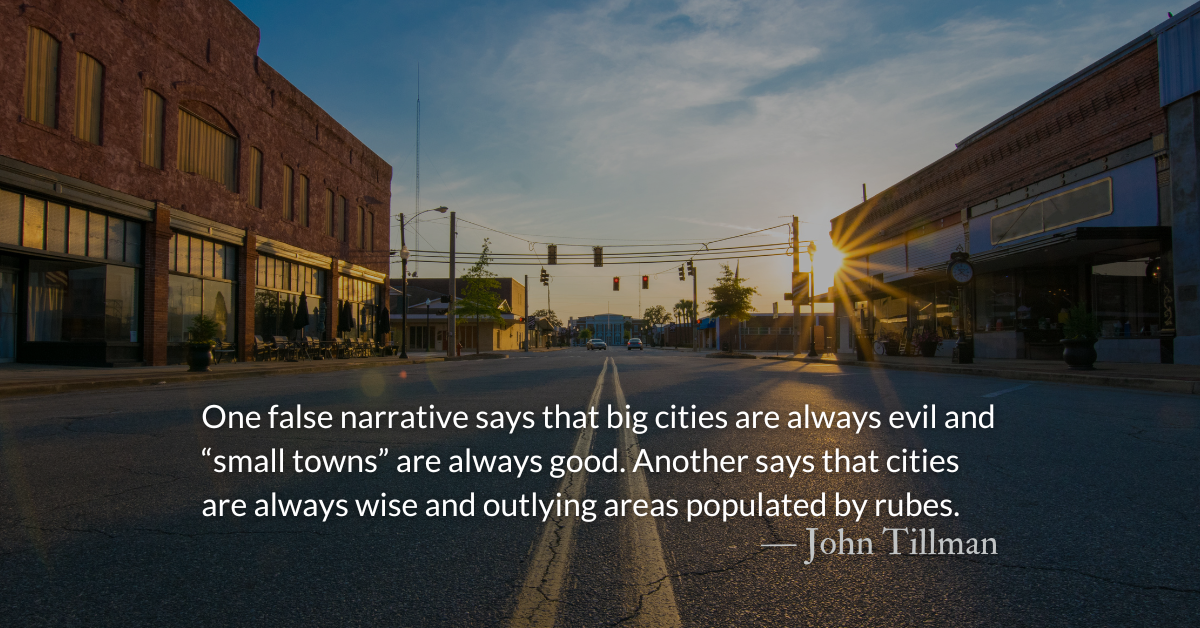“Being human always points, and is directed, to something or someone, other than oneself—be it a meaning to fulfill or another human being to encounter. The more one forgets himself—by giving himself to a cause to serve or another person to love—the more human he is.”
— Viktor Frankl
Scripture: Genesis 1.27
So God created man in his own image,
in the image of God he created him;
male and female he created them.
Reflection: A New Look at Creation
The Park Forum
Ancient creation narratives have fallen out of favor in the modern world. Yet even a cursory glance at history reveals a link between a civilization’s understanding of creation and how its people live in the world.
The Ancient Egyptians believed men and women were projected out of the god Atum’s nose as he sneezed over the earth—and their understanding of human rights was a derivative of their understanding of creation. Accounts of ancient Egyptian life document near-perpetual war, systematic injustice, and brutal slavery (pyramids don’t build themselves).
In our own culture, the foundation of human rights is drawn directly from the pages of the Judeo-Christian Scriptures. If humanity were created by chance, as many modern creation accounts hold, what justification is there for individual rights?
In The Idea of Human Rights, Yale law professor Michael Perry concludes, “There is, finally, no intelligible (much less persuasive) secular version of the conviction that every human being is sacred; the only intelligible versions are religious.” The Christian creation narrative teaches that each human being is made in the image of God, and is therefore valuable.
In the Christian creation account we also see:
- Work has meaning.
- Rest has transcendent purpose.
- God is both powerful (Genesis 1) and personal (Genesis 2).
- Sin has a definition beyond moralism .
- Brokenness and pain have an explanation.
Genesis’ picture of a world untouched by evil, combines with Christ’s renewal of all things in a world scarred by evil, to give us hope that cannot be taken. A renewed understanding of the Christian creation account not only answers our world’s most difficult questions—like human rights—it reorients our own lives in ways which give us hope, purpose, and joy through the Creator Himself.
The Prayer Appointed for the Week
O God, who wonderfully created, and yet more wonderfully restored, the dignity of human nature: Grant that we may share the divine life of him who humbled himself to share our humanity, your Son, Jesus Christ.
— From The Divine Hours: Prayers for Autumn and Wintertime by Phylis Tickle
Full prayer available online and in print.
Today’s Reading
Genesis 2 (Listen – 3:42)
Matthew 2 (Listen – 3:18)









